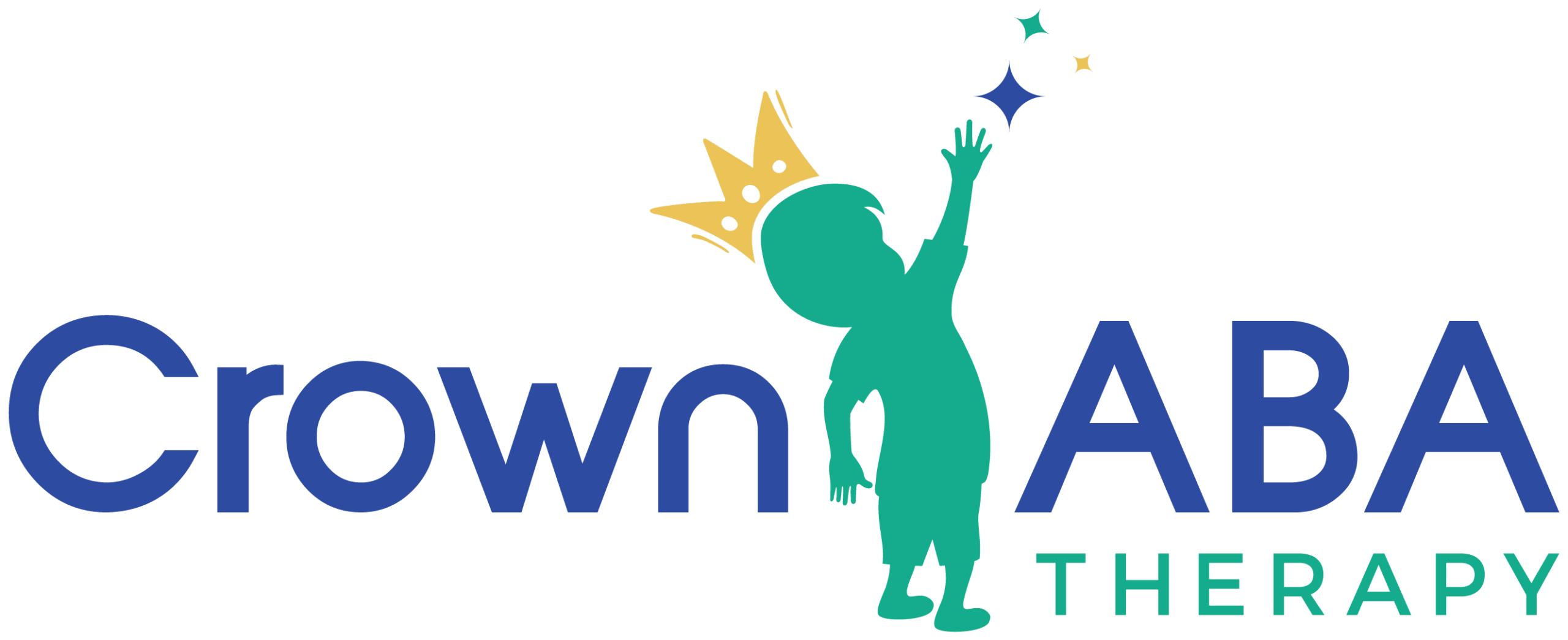Key Points:
- Late autism diagnosis can be challenging, especially when the symptoms are subtle or masked by other factors.
- Early signs may go unnoticed, leading to misdiagnoses or delayed support.
- Resources like ABA therapy can help individuals diagnosed later in life manage symptoms and improve social and communication skills.
Autism Spectrum Disorder (ASD) is typically diagnosed early in life, but there are cases where individuals are not diagnosed until later in childhood or even adulthood. This delay in diagnosis is often referred to as a late autism diagnosis.
While autism is usually identified in the early developmental stages, late diagnoses can occur for various reasons, including masking of symptoms, misdiagnoses, or less obvious presentations of autism. In fact, research indicates that around 66% of individuals with ASD receive their diagnosis only later in life.
In this article, we’ll explore the concept of late autism diagnosis, the reasons why it happens, and what resources and interventions are available to those who receive a late diagnosis. Understanding the process and resources can make a significant difference in the lives of individuals who are diagnosed later in life and can help them get the support they need.
What is a Late Autism Diagnosis?
A late autism diagnosis refers to when an individual is diagnosed with autism much later than usual, often after age 4. It can happen at any age, but it is commonly seen in children who present with fewer or subtler signs of autism or in adults who have developed coping mechanisms to manage the challenges associated with the disorder.
For instance, a child who is highly verbal and does not exhibit severe language delays may be overlooked by healthcare providers during routine developmental screenings. Similarly, adults may not receive an autism diagnosis until they encounter difficulties in social situations, work environments, or personal relationships. A late diagnosis can be a relief to those who have struggled with unidentified symptoms, as it offers a clearer explanation for their challenges.
Why is Autism Diagnosed Late?
Several factors contribute to why some individuals are diagnosed with autism later than others. In some cases, the symptoms may be subtle or masked, especially in individuals with high-functioning autism or those who develop coping mechanisms that hide their challenges.
Additionally, some children may not show clear signs until they reach school age or later, when social demands become more complex. Gender differences also play a role, as autism may present differently in girls, leading to underdiagnosis. Some of the key reasons for a late autism diagnosis include:
1. Milder Symptoms or Masking
Many individuals with high-functioning autism (HFA) or Asperger’s syndrome, a form of autism, may have milder symptoms that do not fit the classic picture of autism. These individuals may develop strong coping mechanisms to hide social difficulties, which can lead to a delay in diagnosis.
Children who can speak fluently, have average intelligence, and don’t display obvious social deficits may not be flagged during typical screenings. Additionally, girls with autism may often present differently than boys, leading to underdiagnosis in females. This disparity is often referred to as the “gender gap” in autism diagnoses.
2. Misdiagnoses
In some cases, individuals with autism may be misdiagnosed with other conditions such as ADHD, anxiety, depression, or learning disabilities. Many symptoms of autism overlap with these conditions, and the individual may receive treatment for one of these disorders without a proper autism diagnosis being considered.
3. Lack of Awareness
Sometimes, autism is simply not recognized as a possibility due to a lack of awareness, especially when the signs are more subtle. Healthcare providers may not have been trained to recognize autism in individuals who do not display stereotypical signs or have difficulty picking up on social cues.
4. Late Onset of Symptoms
For some individuals, autism symptoms may become more apparent with age, particularly as social expectations increase. As children grow older and are expected to navigate more complex social situations, previously unnoticed symptoms may become more noticeable, prompting an evaluation.
Signs of Autism That May Be Missed in Early Childhood
Since late diagnoses often stem from missed signs or misinterpretations, understanding what signs can be subtle is important. These include difficulty with social cues, challenges in communication, intense focus on specific interests, and sensitivity to sensory stimuli. Recognizing these less obvious signs can lead to earlier intervention and better support. These include:
1. Social Challenges
Individuals with autism may have difficulty understanding social norms and expectations, such as taking turns in conversations or interpreting non-verbal cues like facial expressions. This can make it challenging for them to form friendships or connect with peers, as they often struggle with initiating and maintaining reciprocal conversations.
Additionally, they may have a tendency to dominate conversations, focusing intensely on specific topics without noticing or considering the other person’s interests.
2. Unusual Interests or Routines
Individuals with autism often engage in intense, singular interests, dedicating long periods of time to focusing on a particular subject or activity. This strong focus can sometimes make it challenging for them to shift attention to other topics or tasks.
3. Sensory Sensitivities
Individuals with autism may experience either over-sensitivity or under-sensitivity to sensory stimuli, such as being disturbed by certain textures, sounds, or lights. This heightened or diminished response to sensory input can lead to intense reactions, such as becoming overwhelmed by loud noises or bright lights.
4. Motor Skills Delays
Individuals with autism may experience difficulty with tasks that require fine motor coordination, such as handwriting or using utensils, which can make everyday activities more challenging. Additionally, they may exhibit unusual body postures or engage in repetitive movements, like rocking or hand-flapping, especially when feeling stressed or anxious.
Resources for Late Autism Diagnosis
Receiving a late autism diagnosis opens the door to various resources that can help individuals thrive despite the challenges they face. Some key resources include:
1. ABA Therapy
Applied Behavior Analysis (ABA) is one of the most effective therapeutic approaches for autism, including individuals diagnosed later in life. ABA therapy focuses on reinforcing positive behaviors and teaching new skills through structured, evidence-based interventions. ABA therapy can help individuals with autism improve communication, social skills, and behavioral responses.
2. Social Skills Training
Social skills programs help individuals with autism improve their interactions with others. These programs teach crucial skills like making eye contact, maintaining conversations, and understanding social cues, which are especially important for those who were diagnosed late and missed early interventions.
3. Support Groups and Counseling
Support groups for adults or parents of children with autism provide a sense of community and validation. Talking to others who are going through similar experiences can provide emotional support and helpful coping strategies.
4. Speech and Occupational Therapy
Speech therapy can help individuals with autism improve their communication skills, including language and speech clarity. Occupational therapy helps individuals manage sensory sensitivities and develop skills needed for daily living, such as personal care, organizational skills, and motor coordination.
Support Late Autism Diagnosis With ABA Therapy in Maryland
If you or a loved one has received a late autism diagnosis, ABA therapy can offer invaluable support. At Crown ABA, we specialize in ABA therapy, providing individualized treatment plans tailored to meet the unique needs of each individual.
Our team is experienced in working with individuals diagnosed later in life, helping them build social, communication, and adaptive skills. We’re here to support you in managing the challenges of autism and empowering individuals to lead fulfilling, independent lives.
Get in touch with us today to learn more about how ABA therapy in Maryland can help you or your loved one thrive despite a late autism diagnosis.






